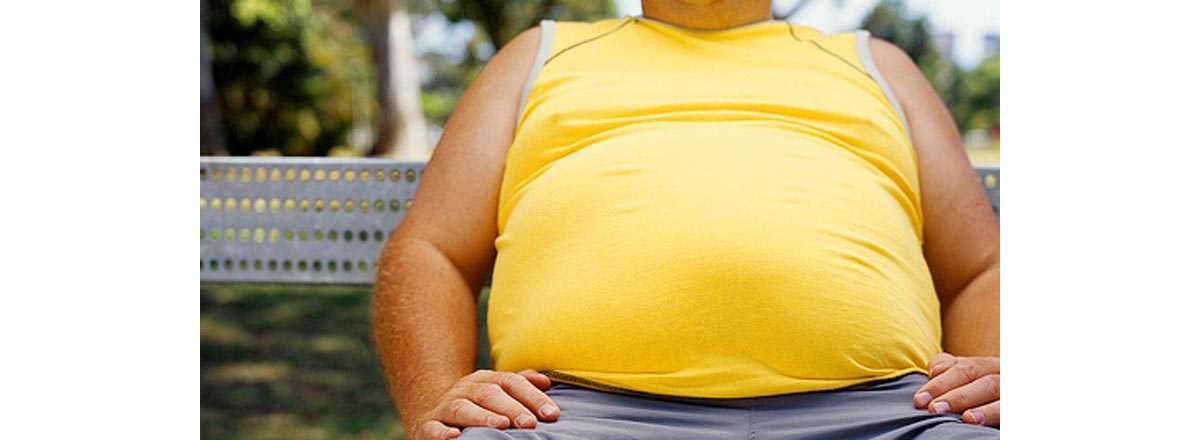Table of Contents
Being overweight or obese increases a person's morbidity and mortality risk worldwide as they are associated with the development of issues such as cardiovascular diseases, type 2 diabetes and certain cancers.
Research was conducted by the University of Cambridge in the U.K. to look what food choices were made by overweight people and what factors made them decide on such choices.

Findings of the study
Researchers interviewed 40 overweight and 23 lean individuals to rate pictures of 50 commonly available snacks regarding the healthiness and tastiness of the products. The participants were then examined to see whether they had an inclination to replace their choices with a certain product that was marked as being neutral.
READ Obese Men And Infertility
A neutral product would be shown to the participants at the beginning of the task. The task then was to compare the neutral product with the given one, and the participant had to decide whether they would replace the neutral product or keep it as is. This was all done while the participants were placed in a functional magnetic resonance imaging (f-MRI) machine and had their brain activity interpreted.
Following this test, the participants were invited to enjoy an all-you-can eat-buffet. This spread included healthy and not-so-healthy food choices. The buffet choices were then rated on a scale of healthiness and tastiness, just like in the visual test.
READ Are You Destined To Become Overweight Or Obese?
Another aspect that was measured in this study was the impulsivity or self-control of the participants. It was noted that individuals in the overweight group seemed to have higher levels of impulsivity which had a direct effect on their unhealthy food choices. This was true when choosing real foods to eat and not so in the visual test.
The clinical significance of this study
Clearly, there's a big difference when overweight people are making hypothetical and real food choices. It would seem then that food choices don't appear to be based on a rational decision, and these findings would suggest that just trying to educate people about the healthiness of food choices is just not enough.
- www.medicalbrief.co.za/archives/food-choices-brain-structure-influence-overweight/
- en.wikipedia.org/wiki/Ventromedial_prefrontal_cortex#Regulation_of_emotion
- www.nature.com/nrn/journal/v12/n11/fig_tab/nrn3119_T1.html
- Photo courtesy of cgpgrey: www.flickr.com/photos/cgpgrey/4888212879/
- Photo courtesy of Tobyotter https://www.flickr.com/photos/78428166@N00/14268677612/
- Photo courtesy of cgpgrey: www.flickr.com/photos/cgpgrey/4888212879/


Your thoughts on this